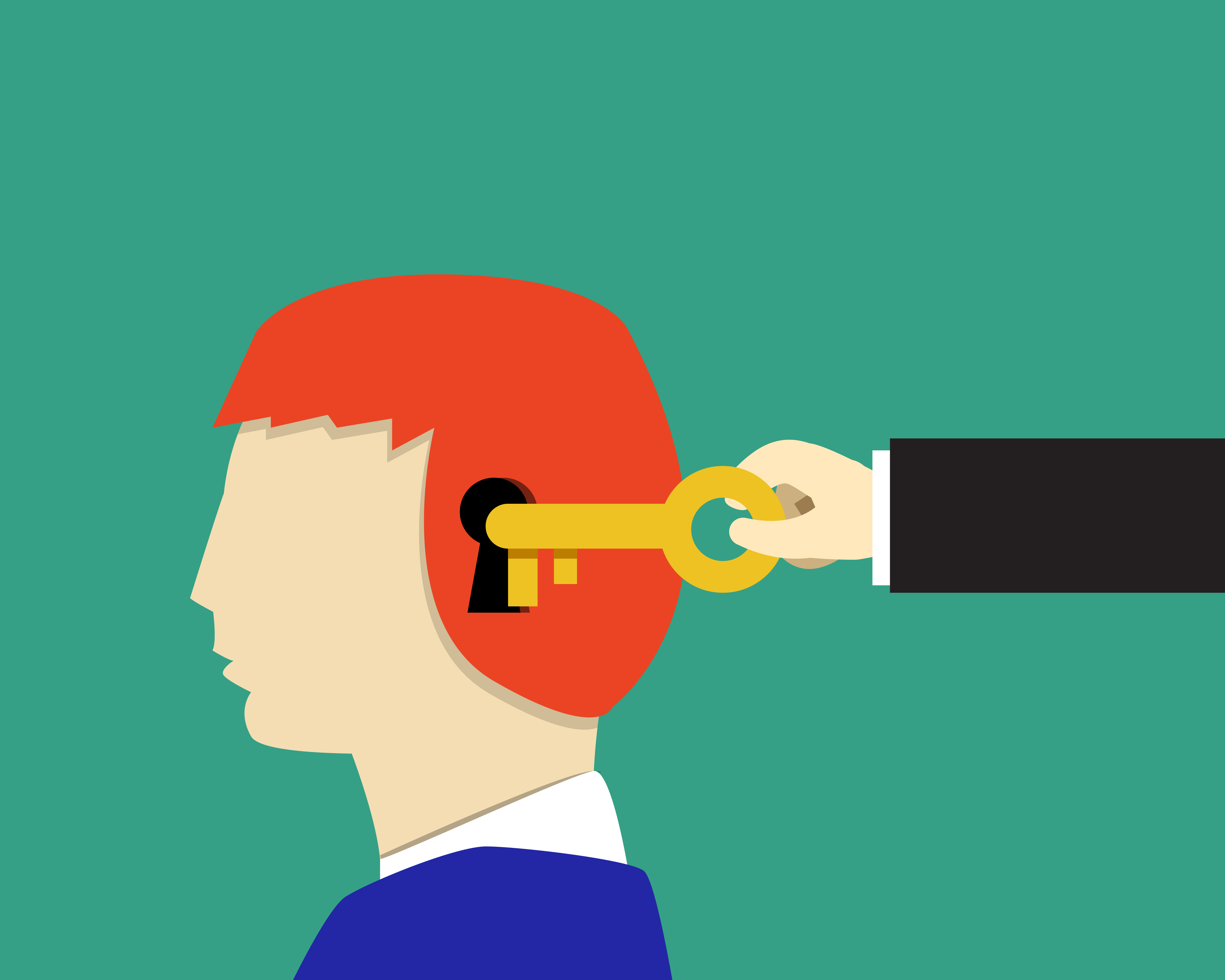What I don’t know is, as I call it, the “chicken or egg issue”: Was your son born a little anxious or sensitive to failure, creating some kind of perfectionism, and he’s therefore quick to quit? Or did you push, pull, beg and bother to the point where this is now your parent-child dynamic? The reality is probably somewhere in between, but the answer remains the same: You have to stop your part in this dynamic. Your parenting work is to tease apart where your anxiety and pushing start and end in this dynamic. If this has been happening for years, I’m going to suggest support to help you. It’s not that I don’t think you’re capable of change; it’s that our brains can enter a rut, and it can be difficult to clearly see and change our habits.
The idea would be to spot your role in this push-pull dynamic and catch it before it begins. What are your automatic thoughts and fears that lead to the expectations and suggestions? As you get better at spotting your own habits, you will start seeing your son as the young man he is, not just as a teen who easily quits. When you take your anxiety out of this dynamic, we see that your son has many interests; he just never felt free to pursue them. Or, we may see that he feels lost and needs outside support. Either way, everything begins with you changing your behaviors.
[sc name=”Button Conflict to Cooperation Right”]
As you make these changes, aspire to create a different type of relationship with your son. This relationship would not include any hobbies or tasks; instead, focus on connecting with your son for no other reason than he is alive. There are no expectations. This unconditional positive regard, a term that refers to complete acceptance and love of yourself or someone else, is the fastest way to all good things, because people feel safe and relaxed when they are loved without conditions. And when people feel secure, they tend to grow and develop to their fullest potential — whatever that looks like.
You may fear that you will never have another expectation of your son, but worry not: You will. For now, building your relationship takes priority, as much as if it were drinking water, eating or sleeping.
